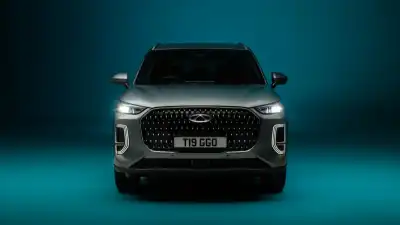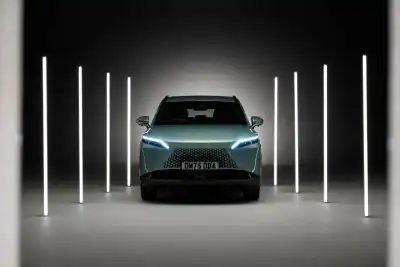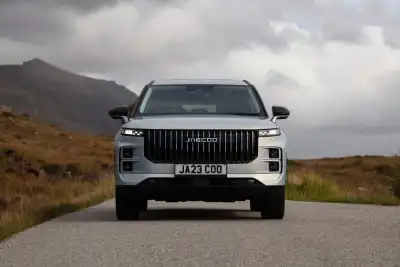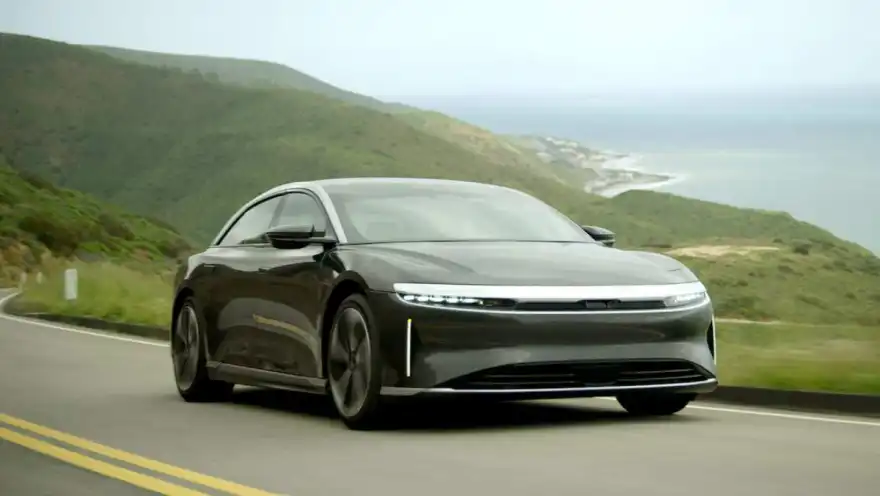
Rachel Reeves is under growing pressure to abandon plans for a luxury car tax on electric vehicles (EVs) amid concerns it could make EVs less affordable and harm the government’s net-zero goals.
From 1 April, electric cars priced over £40,000 will face an additional “expensive car supplement.” This annual surcharge of £425 will apply during a car’s second to sixth years, costing drivers over £2,000 in total—even if the car is sold during that period.
Previously, zero-emission vehicles were exempt from this tax. However, the Treasury is now implementing a policy announced by the previous Conservative government to tax EVs.
With electric cars generally costing about a third more than petrol or diesel models, a larger proportion of EVs will be affected. Research from the Society of Motor Manufacturers and Traders (SMMT) estimates that 70% of new EVs will be taxed compared to 18% of petrol and diesel cars.
So far in 2024, 300,000 EVs have been sold in the UK according to the SMMT but concerns are growing about how the car industry will handle the push for EV adoption ahead of the planned 2030 phase-out of petrol and diesel vehicles.
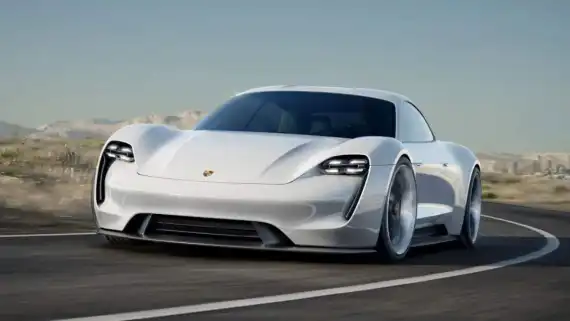
Last month, Business Secretary Jonathan Reynolds launched a fast-track consultation on the transition after Stellantis, the owner of Vauxhall, announced it would close its Luton van-making plant, risking 1,100 jobs. Stellantis criticised the UK’s zero-emission vehicle mandate for putting undue pressure on manufacturers.
The SMMT has also warned that the rapid shift to EVs could strain manufacturers, as demand for zero-emission vehicles has “failed to meet ambition.” Ford UK’s Managing Director supported EV targets but called for government incentives to encourage consumer uptake.
Critics argue that the £40,000 threshold, unchanged since 2017, is outdated. If adjusted for inflation, it would now exceed £50,000. Stuart Masson, editor of The Car Expert UK, noted, “For most people sitting on the fence, the tax won’t change that much. But for some, it could make EVs unaffordable. At the time the tax was introduced, £40,000 was probably fair, but all car costs have gone up since then.”
Quentin Willson, founder of FairCharge, added, “We need lower-income drivers to access EVs. The government isn’t providing enough incentives. This tax affects many EVs while sparing cheaper diesel cars. It sends mixed signals and discourages consumers from switching.”
In response, a Treasury spokesperson said: “As we approach net zero, we want to ensure EVs remain affordable. That’s why, at the Budget, we announced we will consider raising the threshold at which EVs pay the Expensive Car Supplement.”


